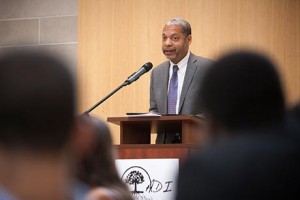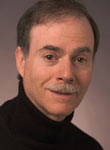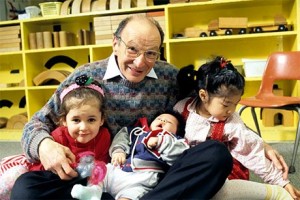For juries awarding plaintiffs for pain and suffering, the task is more challenging – and the results more inconsistent – than awarding for economic damages, which is formulaic. Now, Cornell social scientists show how to reduce wide variability for monetary judgments in those cases: Serve up the gist.
As an example of gist, juries take into account the severity of injury and time-scope. In the case of a broken ankle, that injury is a temporary setback that can be healed. In an accident where someone’s face is disfigured, the scope of time lasts infinitely and affects life quality. In short, “meaningful anchors” – where monetary awards ideally complement the context of the injury – translate into more consistent dollar amounts.
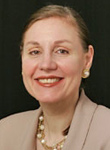
“Inherently, assigning exact dollar amounts is difficult for juries,” said Valerie Reyna, professor of human development. “Making awards is not chaos for juries. Instead of facing verbatim thoughts, juries rely on gist – as it is much more enduring. And when we realize that gist is more enduring, our models suggest that jury awards are fundamentally consistent.”
The foundation for understanding jury awards lies in the “fuzzy trace” theory, developed by Reyna and Charles Brainerd, professor of human development. The theory explains how in-parallel thought processes are represented in your mind. While verbatim representations – such as facts, figures, dates and other indisputable data – are literal, gist representations encompass a broad, general, imprecise meaning.
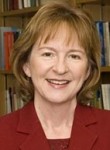
“Experiments have confirmed the basic tenets of fuzzy trace theory,” said Valerie Hans, psychologist and Cornell professor of law, who studies the behavior of juries. “People engage in both verbatim- and gist-thinking, but when they make decisions, gist tends to be more important in determining the outcome; gist seems to drive decision-making.”
In addition to authors Reyna and Hans for the study, “The Gist of Juries: Testing a Model of Award and Decision Making,” the other co-authors include Jonathan Corbin Ph.D. ’15; Ryan Yeh ’13, now at Yale Law School; Kelvin Lin ’14, now at Columbia Law School; and Caisa Royer, a doctoral student in the field of human development and a student at Cornell Law School.
The research was funded by grants from the National Institutes of Health, Cornell’s Institute for the Social Sciences, the Cornell Law School and Cornell’s College of Human Ecology.
Update: On Sept. 1, 2015, the National Science Foundation awarded a grant for $389,996 to Cornell for support of the project “Quantitative Judgments in Law: Studies of Damage Award Decision Making,” under the direction of Valerie P. Hans and Valerie F. Reyna.


